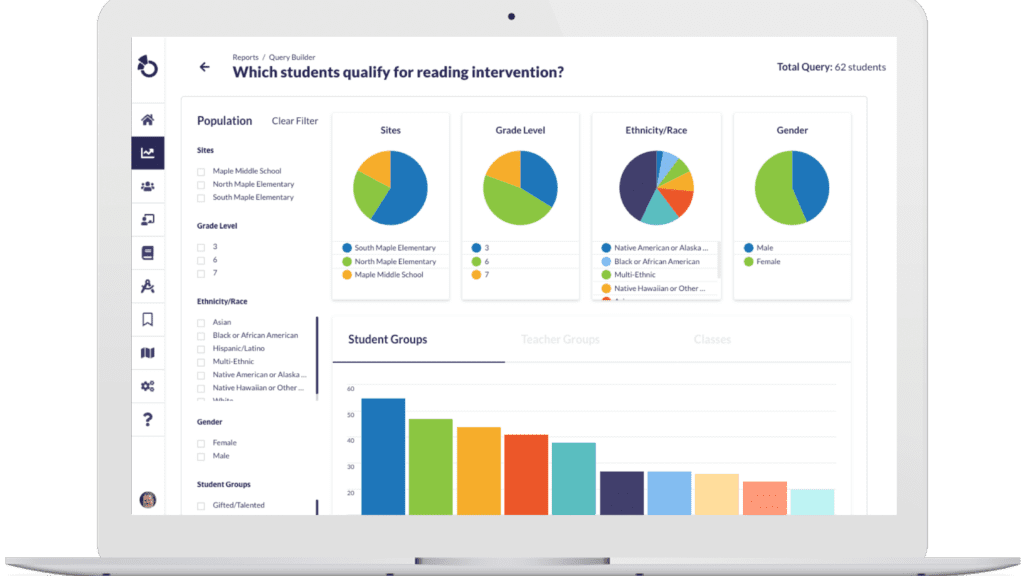Identifying Student Progress Towards College and Career Readiness: The Power of Early Indicators
By: David Specht
As an educator, one of your primary goals is to prepare your students for success beyond the walls of the classroom. This preparation encompasses both college and career readiness. However, one question continues to loom large: Which students are not progressing toward college and career readiness indicators? This question is not only applicable to high school students but also becomes increasingly relevant when you consider younger grades.
The Importance of Early Indicators
Studies, like the projected proficiency study by NWEA for ACT College Readiness, have demonstrated the value of tracking student progress toward college and career readiness from as early as 5th grade. This is because key academic skills, such as reading comprehension and problem-solving, which are integral for success in college and the workforce, are developed during these formative years.
By identifying early indicators of college and career readiness, educators can intervene and provide targeted support to students who may be falling behind. This proactive approach helps ensure that all students, irrespective of their current academic standing, have the opportunity to succeed in their future endeavors.

Recognizing Students Who Are Not Progressing
But how can educators identify students who are not progressing toward college and career readiness indicators?
Traditionally, educators have relied on standardized test scores as the primary measure of student progress. However, as we've previously noted, these scores only provide a snapshot of a student's performance at a specific point in time.
A more effective approach involves longitudinal analysis of student performance data, tracking key measures such as grades, attendance, behavior incidents, and progress on state and national benchmarks over multiple years. Coupled with this, educators also need to assess non-academic factors such as social-emotional learning, which play a critical role in a student's readiness for college and career.
Move Every Student Toward Future Readiness with Otus
Here’s where Otus comes into play. Otus helps answer your questions about student performance by providing one place to visualize all student data. This ensures that you have clear insights to confidently make decisions for your district.
Otus offers a range of tools that make tracking progress toward college and career readiness indicators easier and more efficient. The platform allows educators to conduct longitudinal analysis of student performance data, tracking key academic and non-academic indicators over time.
The Otus platform is not just about data collection; it also offers actionable insights that educators can use to provide targeted support. Based on the data collected, educators can generate personalized learning pathways aligned to goals for each student, helping them develop the skills they need to succeed.

With Otus Plans, educators can identify specific areas where students need support and chart a personalized path forward. From academic to behavior or social-emotional goals, progress monitoring plans in Otus are customizable and enable all stakeholders to see student growth as it happens.
Identifying students who are not progressing toward college and career readiness indicators is a crucial task for educators. It requires a holistic, long-term view of student performance that goes beyond just test scores. Fortunately, with tools like Otus, educators have the resources they need to not only identify these students but also provide the support they need to ensure their success in college, career, and beyond.
Request a demo!
See exactly how Otus can help your school accelerate student growth and improve student outcomes – all while saving educators time.





